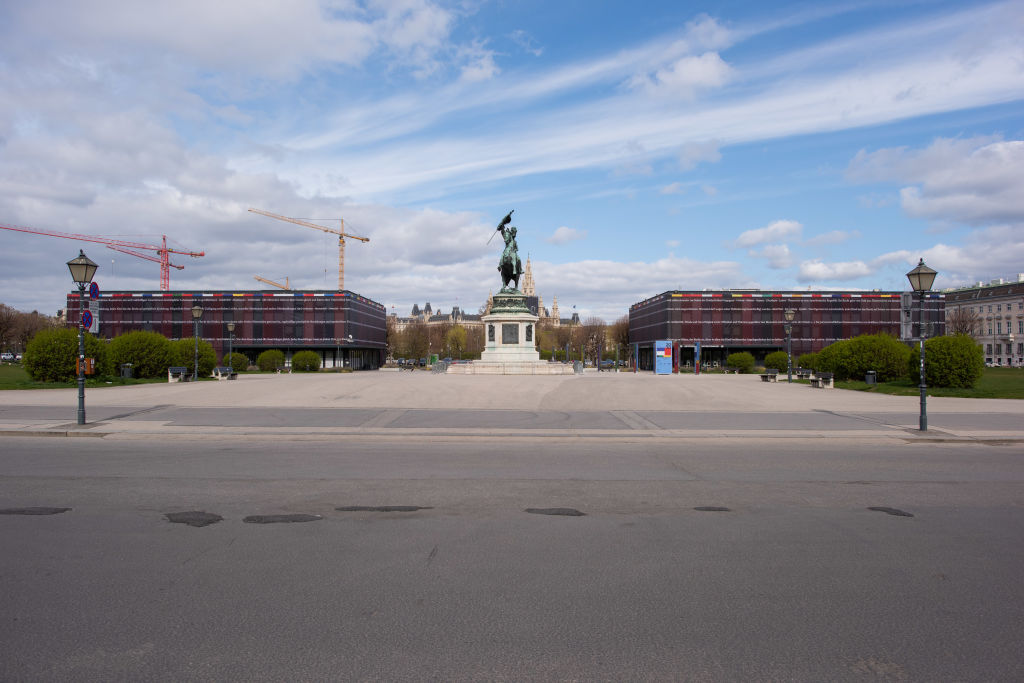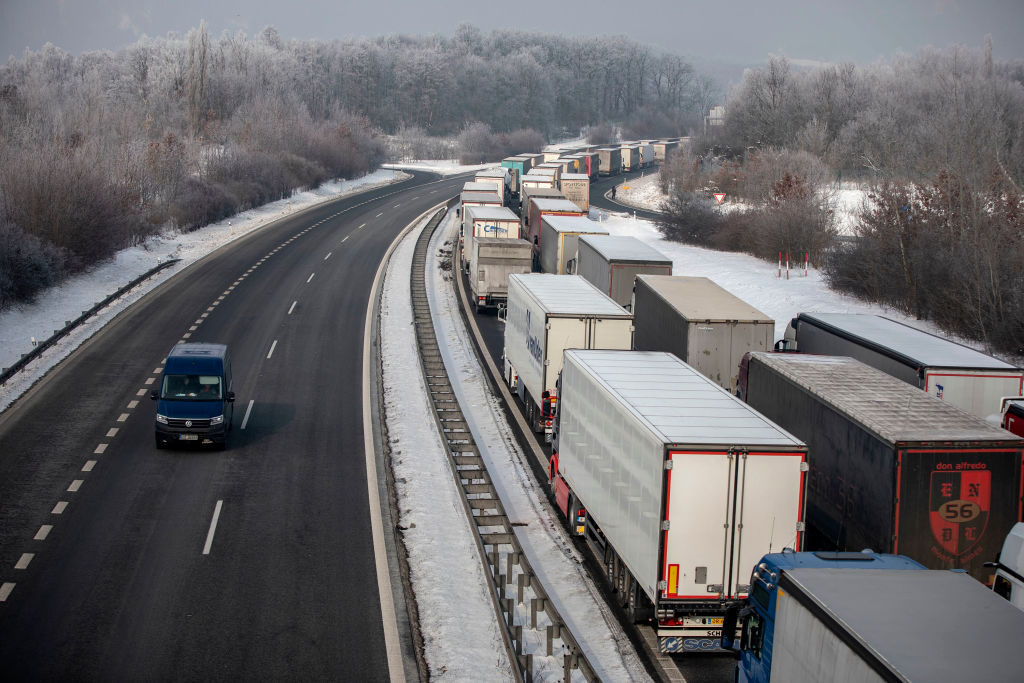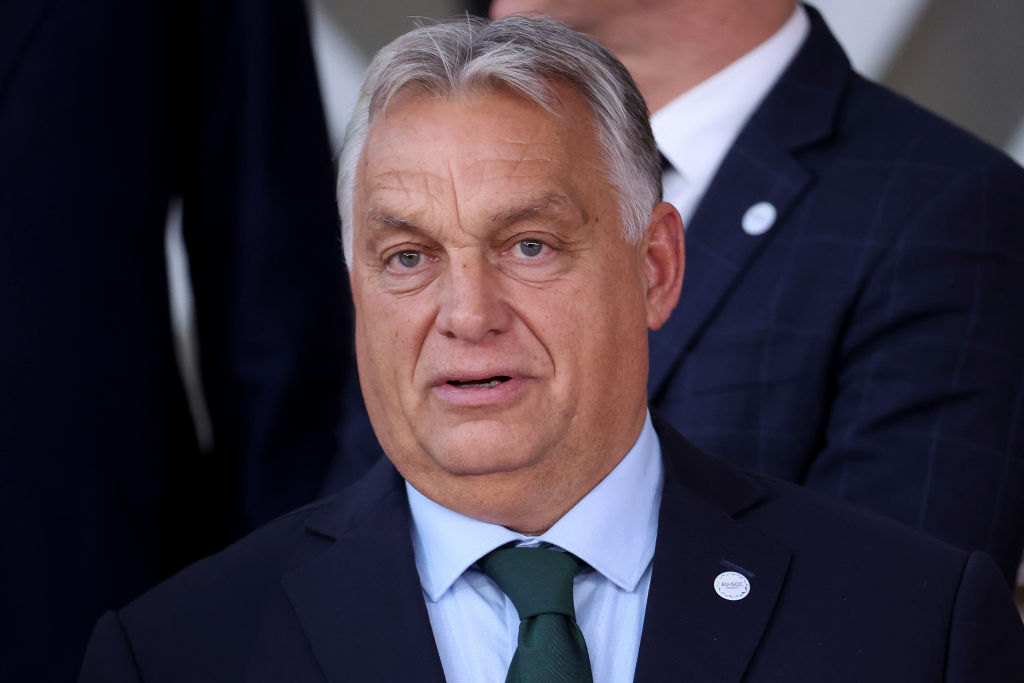Vienna will not honour Jan III Sobieski, the Polish King who broke the Turkish siege of the Austrian capital in 1683, with a statue over concerns to do with Islamophobia.
On November 8, Veronica Kaup-Hasler, the city’s culture councillor, announced that the Socialist-dominated city government had decided against the planned monument on the Kahlenberg – a hill overlooking Vienna where the Polish-led liberation army gathered for the attack.
“Vienna will not erect a stage which can be abused for xenophobic agitation and for fomenting Islamophobia and anti-turkic sentiment,” Kaup-Hasler said.
She added that the city government had commissioned an – as yet unpublished – study by historians that had recommended not to erect such a monument for one in favour of a memorial for “peace and alliance”.
The decision marked the end of an argument that had lasted for more than a decade. In 2013, then-Polish president Bronislaw Komorowski spearheaded an initiative to erect a monument to Sobieski on Kahlenberg showing the king and his men on horseback.
A four-by-two-metre plinth was constructed and the statue itself, a work by Polish Artist Czeslaw Dzwigaj, was supposed to follow in 2018 on the 335th anniversary of the battle. During that conflict, the Polish-Lithuanian army under Sobieski shattered the Turkish forces of Kara Mustafa Pasha who had laid siege to the Habsburg capital for two months and destroyed the surrounding lands.
Just before the delivery of the monument was due in 2018, Michael Ludwig, Vienna’s Socialist (SPÖ) Mayor, announced the city authorities were withdrawing from the agreement as members were unhappy with the statue’s design.
Ludwig also said he did not want to risk controversy and was afraid that the statue would attract right-wing extremists. Despite that, the SPÖ also said that the monument would definitely be constructed albeit in a different form.
Now, six years on, those plans have been cancelled altogether.
The decision has sparked outrage in Vienna and Poland alike. Viennese opposition politicians have called the cancellation undemocratic as it ignored a decision in favour of the statue by the assembly of Vienna’s 19th district where Kahlenberg is located.
Critics have also accused the SPÖ of kowtowing to its large Muslim voter base. In 2020, a survey showed that 45 per cent of Turkish-born Austrians in Vienna favoured the party.
In September 2024, Polish representatives requested a “dignified commemoration” of Vienna’s saviour from the Turks. City councillor Kaup-Hasler has now said that “Vienna has already erected a worthy memorial” – meaning the empty plinth.
After its rejection by the Viennese in 2018, the statue was exhibited in several Polish towns associated with Sobieski, including Krakow, Brzeg and Warsaw. A final place for it has not been decided, although many Polish towns have vied for it.





